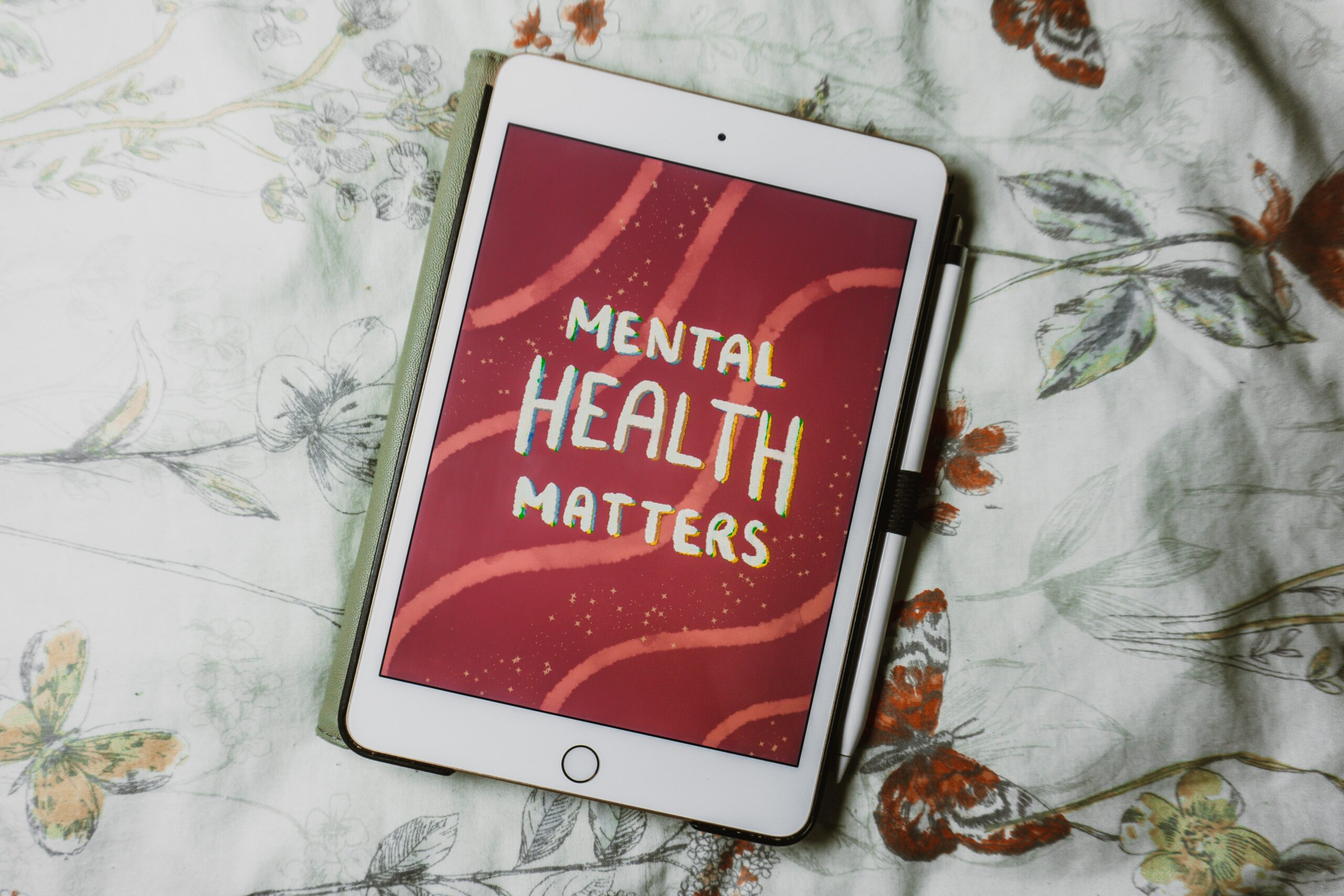It’s important to address the connection between physical activity and mental well-being. Exercise has been shown to have numerous benefits for mental health, particularly in the management of anxiety. In this blog, we will explore the science behind this connection and provide some tips on how you can incorporate exercise into your daily routine to improve your mental health.
The Science Behind the Connection
Research has consistently shown that exercise can have a positive impact on mental health, including anxiety. Physical activity has been found to release endorphins, which are natural feel-good chemicals in the brain that can reduce stress and improve mood. Exercise has also been shown to reduce levels of cortisol, a hormone that is released in response to stress and can contribute to anxiety symptoms.
In addition to these chemical changes, exercise can also provide a sense of accomplishment and boost self-confidence. Engaging in regular physical activity can also promote better sleep, which can further improve mental health outcomes.
Tips for Incorporating Exercise into Your Routine
If you’re someone who struggles with anxiety, incorporating exercise into your daily routine can be a helpful tool for managing symptoms. Here are some tips for getting started:
- Start small – it’s important to set realistic goals and start with a level of activity that feels manageable. This could be something as simple as taking a daily walk around your neighborhood.
- Find an activity you enjoy – exercise doesn’t have to be a chore. Try out different activities until you find something that you genuinely enjoy doing, whether it’s yoga, running, or swimming.
- Make it social – exercise can be a great way to connect with others. Consider joining a fitness class or finding a workout buddy to keep you motivated.
- Be consistent – it’s important to make exercise a regular part of your routine. Aim for at least 30 minutes of physical activity per day, even if it’s just taking a walk.
- Be patient – it can take time to see the benefits of exercise for mental health. Stick with it, and you may start to notice improvements in your mood and overall well-being.
Conclusion
Incorporating exercise into your daily routine can be a powerful tool for managing anxiety and improving mental health. By releasing endorphins, reducing cortisol levels, promoting better sleep, and providing a sense of accomplishment, physical activity can have a positive impact on your overall well-being. If you’re struggling with anxiety, consider giving exercise a try and see how it can benefit you. Remember to start small, find an activity you enjoy, make it social, be consistent, and be patient.
Want me to help you with incorporating fitness into your lifestyle? Give me a call/text/email:

